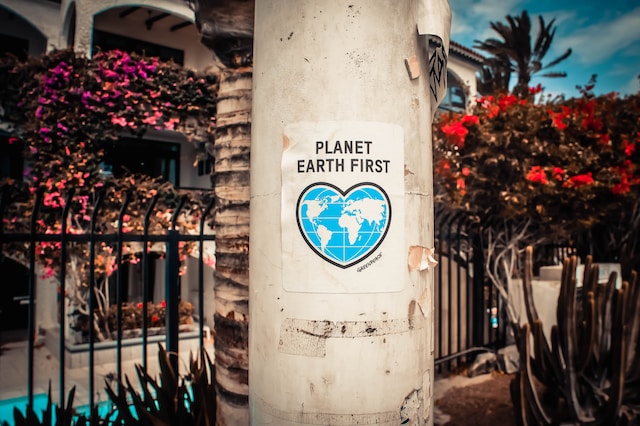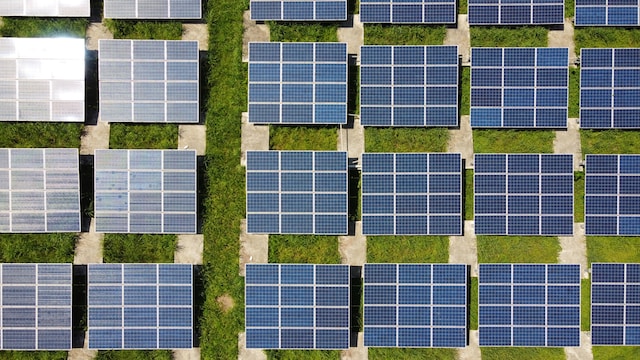In a world where environmental concerns are becoming increasingly important, we often hear about the need for individuals to adopt eco-friendly practices.
But what about the companies and industries that produce the goods we consume?
This is where Extended Producer Responsibility (EPR) comes into play. In this article, we’ll explore the concept of EPR and how it can contribute to a greener and more sustainable future.
What is Extended Producer Responsibility?
Extended Producer Responsibility, often abbreviated as EPR, is a concept that places the onus of environmental responsibility on the producers of goods and products.
It shifts the traditional burden of waste management from consumers and local governments to the companies that manufacture, import, or sell these products.
EPR aims to encourage manufacturers to take full responsibility for the environmental impact of their products throughout their entire lifecycle, from production to disposal.
Read: What does EPR stand for
Where does the EPR come from?
The idea of EPR was born out of growing concerns about the environment and the increasing quantities of waste generated by a consumer-driven society.
It was first introduced in Sweden in the 1990s as a response to the escalating waste crisis. Since then, many countries have adopted and adapted the EPR model to suit their unique environmental challenges.
How does EPR work?
EPR operates on the principle of “polluter pays.” It requires producers to design their products with recycling and disposal in mind.
They are also responsible for setting up and funding collection and recycling systems for their products.
By doing so, producers are not only minimizing their products’ negative environmental impact but also cutting down on the cost and effort required for waste management.
The role of government in EPR
Governments play a crucial role in the success of EPR programs. They are responsible for implementing legislation and regulations that hold producers accountable for their products.
These regulations often include targets for recycling rates and eco-friendly product design. The government also ensures that EPR programs are enforced and that producers comply with their responsibilities.
Benefits of EPR for the environment
EPR offers several environmental benefits. It significantly reduces the amount of waste that ends up in landfills and incinerators, which can lead to soil and air pollution.
Moreover, it encourages the recycling of materials and the reduction of resource consumption, ultimately lowering carbon emissions. EPR also promotes the responsible management of hazardous materials, minimizing their harmful effects on the environment.
Economic advantages of EPR
From an economic perspective, EPR can lead to cost savings in waste management. When producers are responsible for recycling and disposal, it reduces the financial burden on local governments and taxpayers.
Additionally, EPR encourages innovation in product design, which can result in more efficient use of resources and lower production costs.
Challenges and concerns of EPR
While EPR has numerous benefits, it’s not without its challenges.
Some critics argue that the costs of implementing EPR systems can be passed on to consumers in the form of higher product prices.
Others are concerned about the potential for greenwashing, where companies claim to be environmentally responsible without genuinely making a difference.
Proper monitoring and regulation are necessary to address these issues.
EPR success stories
Several countries and regions have successfully implemented EPR programs.
For example, in Germany, the Green Dot system requires companies to pay for the packaging they introduce to the market. This has led to an increase in recycling rates and a reduction in packaging waste.
In British Columbia, Canada, an EPR program for electronic waste has diverted tons of e-waste from landfills.
EPR is a global concept, with variations in implementation across different countries. It’s in place in various forms in countries like Japan, the Netherlands, and South Korea.
Each nation has adapted EPR to suit its specific environmental goals and needs, demonstrating its flexibility and effectiveness as a tool for sustainability.
Consumers also play a crucial role in the success of EPR. They can support the concept by making informed choices, such as purchasing products from companies with strong EPR programs.
Additionally, proper disposal of products at designated collection points ensures the materials are recycled effectively.
The future of extended producer responsibility
The future of EPR is promising. As environmental concerns continue to grow, more countries are likely to adopt and expand EPR programs.
Producers will increasingly incorporate sustainability into their business models, and consumers will become more conscious of the environmental impact of the products they buy.
Conclusion
Extended Producer Responsibility is a powerful tool in the quest for a more sustainable future.
By shifting the responsibility for product lifecycle management to producers, we can reduce waste, promote recycling, and lessen the burden on local governments and taxpayers.
With continued support and innovation, EPR has the potential to transform our consumption patterns and lead us towards a greener, more eco-conscious world.
So, the next time you choose a product, remember that EPR is not just a concept; it’s a step toward a cleaner, more sustainable planet.

